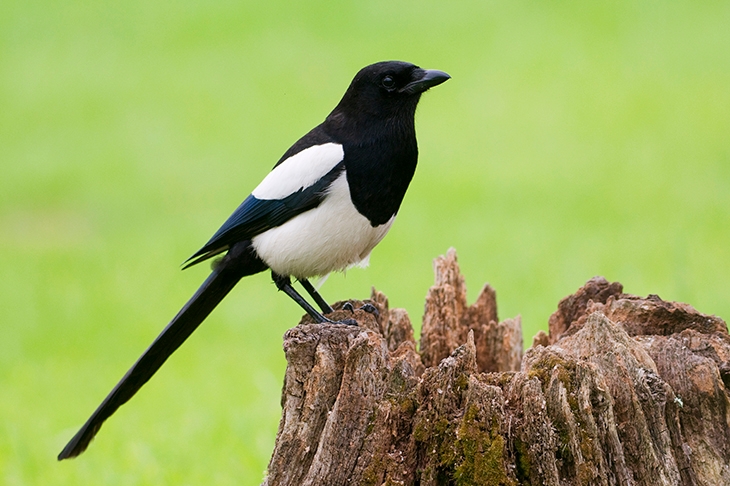Someone on The Kitchen Cabinet remarked that sambusa, as samosa is known in Somalia, came from Arabic. Perhaps it does, for the Hindi samosa, which we have borrowed for the fried triangles, comes from Persian sambose.
Loan words weave in and out of the routes of trade and cultural conquest between the Near East and the East Indies.
Far more mysterious is haggis. Before the 18th century, this dish was not regarded as particularly Scottish. Thomas Hobbes did not think it ridiculous to use it in a translation of the Odyssey: ‘Antinous a haggas brought, fill’d up / With fat and blood’, to be enjoyed with bread and wine. But where did haggis come from?
The Oxford English Dictionary stoutly declares: ‘Derivation unknown.’ Some suggest it’s from French hachis, ‘hash’, but the OED says this has ‘apparently no basis of fact’. The Middle English Dictionary, conducted online by the University of Michigan, ventures that haggis is ‘probably’ from haggen, ‘to hack’. The most intriguing origin is suggested by John Ayto, no mean etymologist. He thinks that, improbable as it may seem, the source is the Old French agace, meaning ‘magpie’. If so, its history parallels the English pie, the kind that people eat.
In English, the magpie got its name pie from the Latin pica. Like many animals (robin, donkey) it acquired a pet name — Mag-, for Margery or Margaret — tacked on as a prefix. And the baked kind of pie might very well have taken its name from the odds and ends that magpies collect.
The magpie was sometimes called haggess in the 16th century and sometimes haggister. Reginald Scot, in his Discoverie of Witchcraft, passes on the belief that ‘the eating of a haggister or pie helpeth’ those ‘bewitched in their privities’. An alternative was the smoke of a dead man’s tooth. Scot was convinced that there were no witches in England in his day (1584), which annoyed the future James I of England, who denounced him in Daemonologie.
Yet some readers found the details Scot collected more interesting than his attempt at refutation — for he had gathered together, like a thieving magpie, every absurd circumstance connected with the black arts into a rich pie or appetising haggis.





Comments